Dealers use various criteria, including market demand, vehicle condition, mileage, and model popularity, to set prices that accurately reflect a car’s value in the used car market. Companies like US Solutions Car Dealership employ standardised methods and tools to ensure that buyers receive competitive prices. Here’s a breakdown of the main factors that affect used car pricing.
- Vehicle Age and Model Year
The age and model year of a vehicle are significant factors in its pricing. Older models typically see a depreciation in value, with the highest rate of depreciation often occurring within the first few years of a car’s life. However, certain makes and models retain value better than others, largely based on their reputation for reliability and performance.
- Mileage and Usage
Mileage is one of the most crucial indicators of a vehicle’s life expectancy and condition. Generally, the higher the mileage, the more wear and tear a car has endured, which can reduce its resale value. For instance, a car with 50,000 miles will often fetch a higher price than one with 150,000 miles, assuming all other conditions are equal.
- Condition of the Vehicle
Dealers conduct a thorough inspection of a vehicle’s physical and mechanical condition before setting a price. This evaluation includes checking the bodywork, engine performance, brakes, transmission, and interior wear. A well-maintained vehicle, especially one with a complete service history, generally commands a higher price. Conversely, cars with visible damage, signs of neglect, or extensive repair history are priced lower.

- Market Demand and Location
Market demand fluctuates based on factors like seasonality, regional preferences, and economic conditions. For instance, SUVs and trucks may command higher prices in rural or mountainous areas, while compact cars and hybrids might be more sought-after in urban centres. Additionally, demand for specific models can change based on fuel prices and shifting consumer preferences.
- Make and Model Popularity
Certain makes and models hold their value better due to brand reputation, reliability, and feature quality. Popular models known for durability, like Toyota or Honda sedans, tend to have higher resale values compared to less well-regarded models. Conversely, vehicles from brands with lower reliability scores or high repair costs often see steeper depreciation.
- Vehicle History Report
The history of a vehicle plays a pivotal role in pricing. Cars with clean titles, no accident history, and a documented service record are more valuable than those with recorded accidents, multiple owners, or significant repairs. Vehicle history reports, accessible via services like Carfax or AutoCheck, provide transparency and help establish trust with buyers.
- Optional Features and Upgrades
Additional features, such as leather seats, advanced safety systems, navigation, and entertainment packages, add to a vehicle’s appeal and resale value. Some features, like four-wheel drive in snowy regions, might also enhance a car’s marketability. US Solutions Car Dealership assesses these extras and includes them in the final price, offering a balanced view of the car’s total worth to potential buyers.

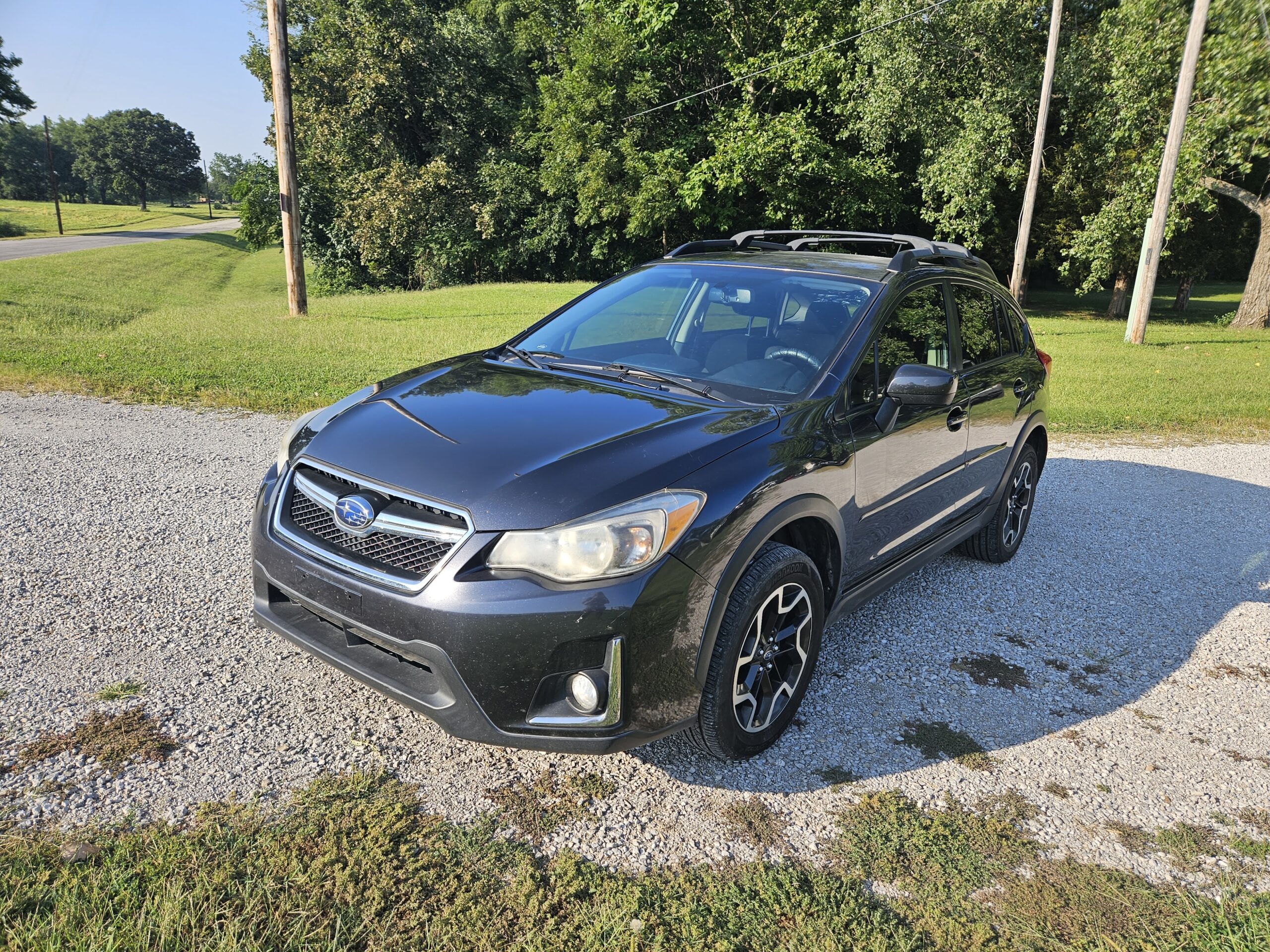


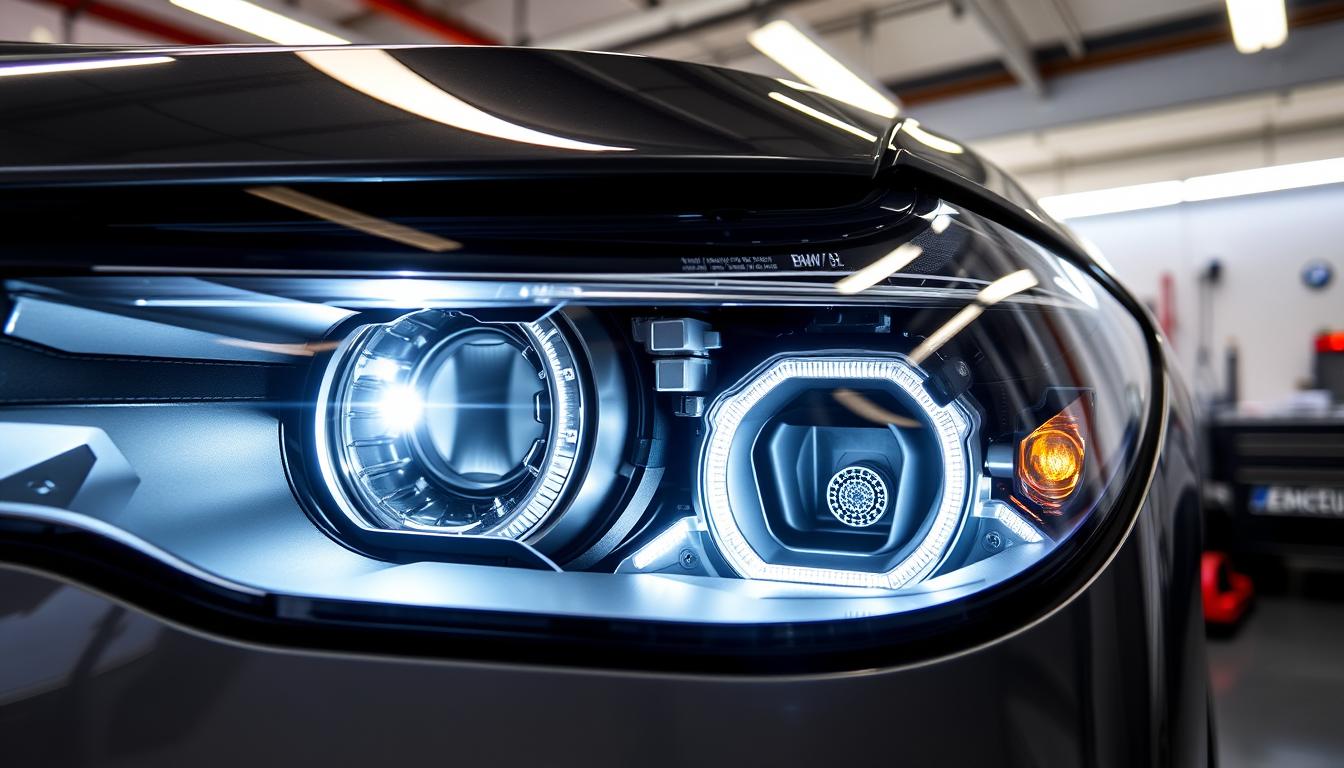
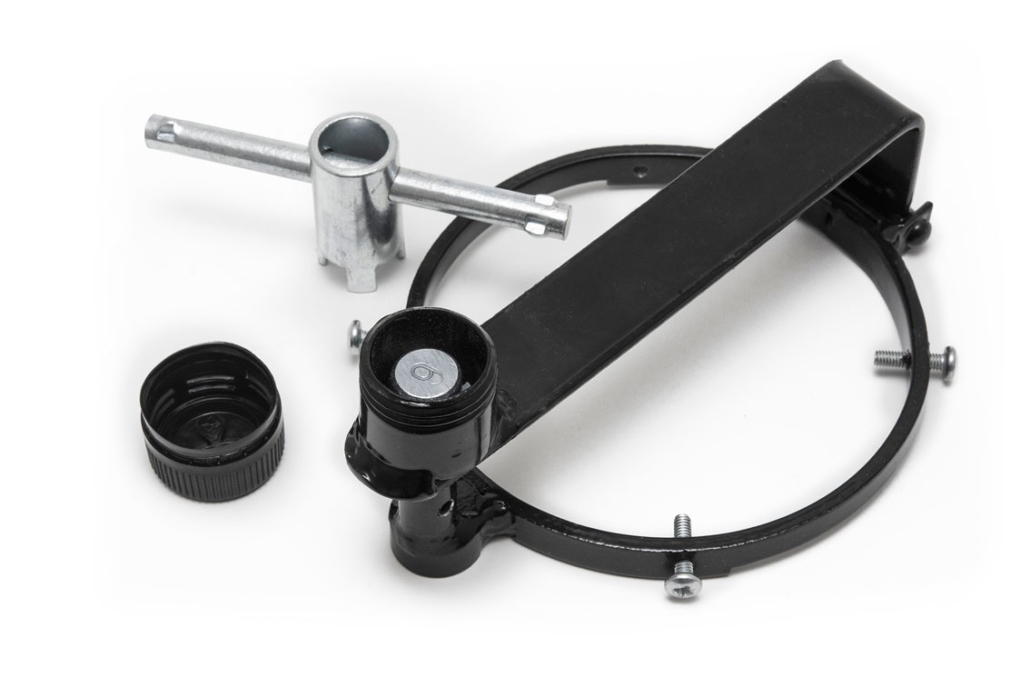
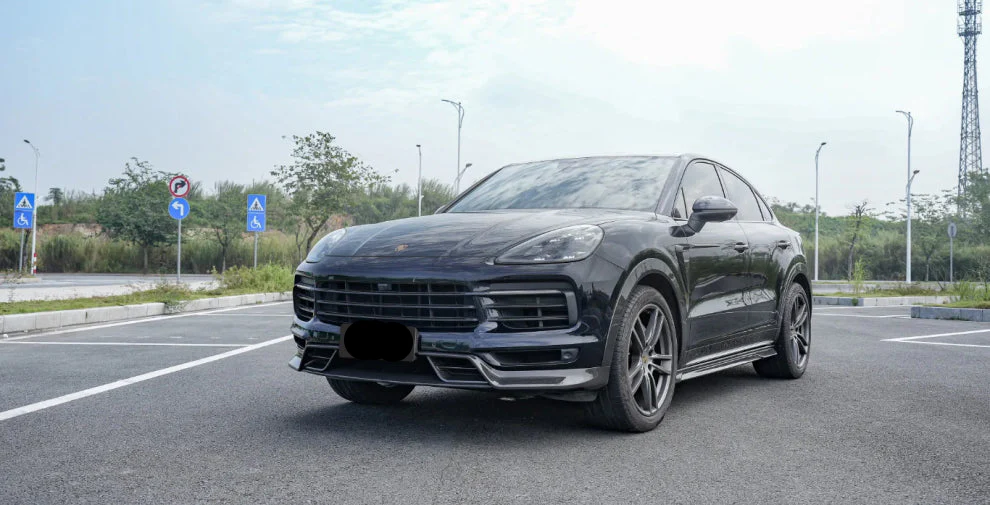
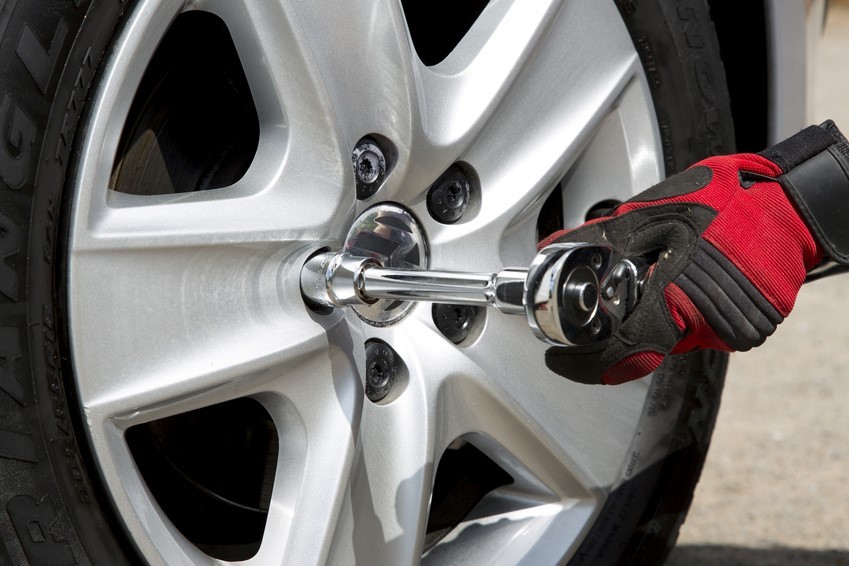




Comments